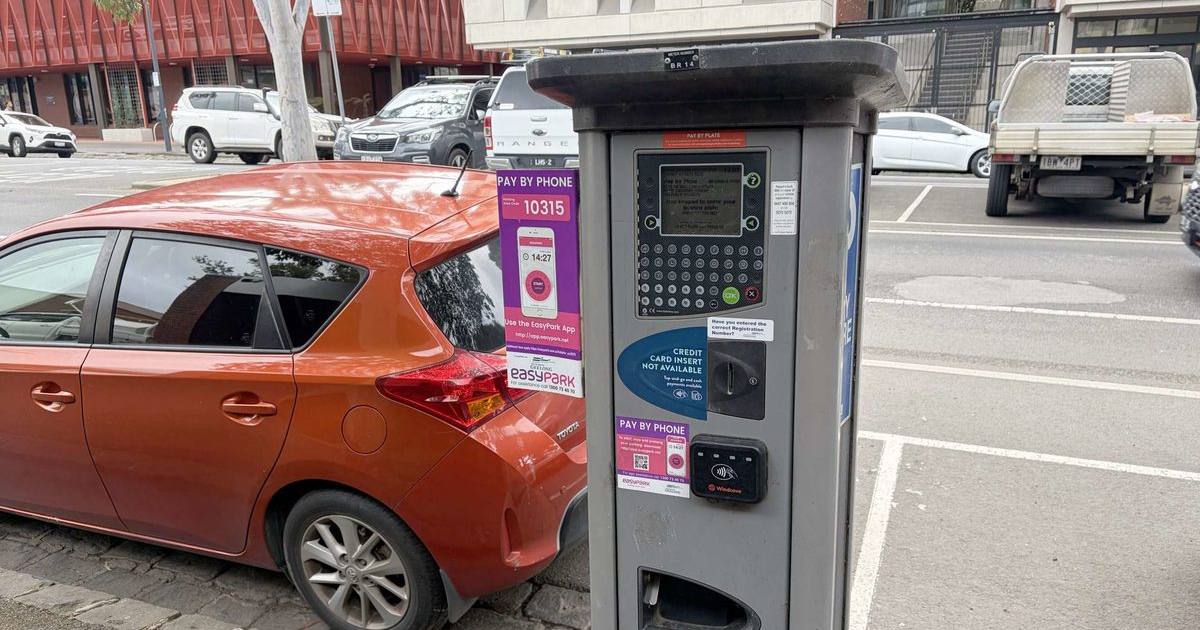Local builders under the hammer
LOCAL builder and national industry leader Mark Little says relief is likely months away for the construction sector as it continues battling material and labour shortages.
A rising number of construction companies, including in Geelong and Torquay, have gone into liquidation this year due to surging costs.
A government-incentivised national building boom during the pandemic created a backlog of residential projects that is causing mounting pressure on the industry.
Mr Little, who is president of Master Builders Victoria, board member of Master Builders Australia and a Geelong business owner, said tradespeople were waiting up to five months for timber and materials following the unprecedented surge.
“It’s not one thing, and it doesn’t matter if you’re a big builder, medium builder or a small builder – everyone’s fighting the same battle,” he said.
“We’re hoping over the next six months, things will start to alleviate and there’s light at the end of the tunnel.”
Australian Bureau of Statistics data showed residential building permits doubled from a seven-year low in June 2020 to an all-time high in March 2021 as cash incentives such as the federal government’s home builder grant led to a surge.
Approvals have since dropped by about a third to pre-COVID levels this year, leading to hope the industry can soon catch up to demand.
Geelong-based Waterford Homes became the latest local victim of the construction crunch last month, when it announced it had appointed liquidators.
In April, Torquay builder Anthony Lococo went public about his “heartbreaking decision” to wind up his business of seven years due to ongoing supply chain pressures.
Big business has also felt the pinch, with commercial building giant Probuild among the companies to go under this year.
State industry leaders say Victoria’s legislation against cost-escalation contract causes, which allow building companies to pass on unforeseen price increases to customers, mean builders had no pressure valve to release as costs mount.

Mr Little said the laws created a “no-win situation” when businesses eventually collapsed and left clients in limbo.
“If the builder doesn’t pass the cost onto the client, it runs the risk of going broke and the client could end up with a half-finished house for however long,” he said.
“It’s such a frustrating environment to be in.”
Anna Cronin, commissioner of independent advisory body Better Regulation Victoria, recommended the Victorian government consider variable cost contracts as part of a review into supply chain pressures last year.
But the government’s response in April this year rejected the idea and backed the existing legislation that it said shielded prospective homeowners.
“A cost escalation clause would unfairly increase uncertainty for consumers entering domestic building contracts, where it is unlikely that consumers would be in a financial position to absorb any cost escalation,” the government response stated.


















